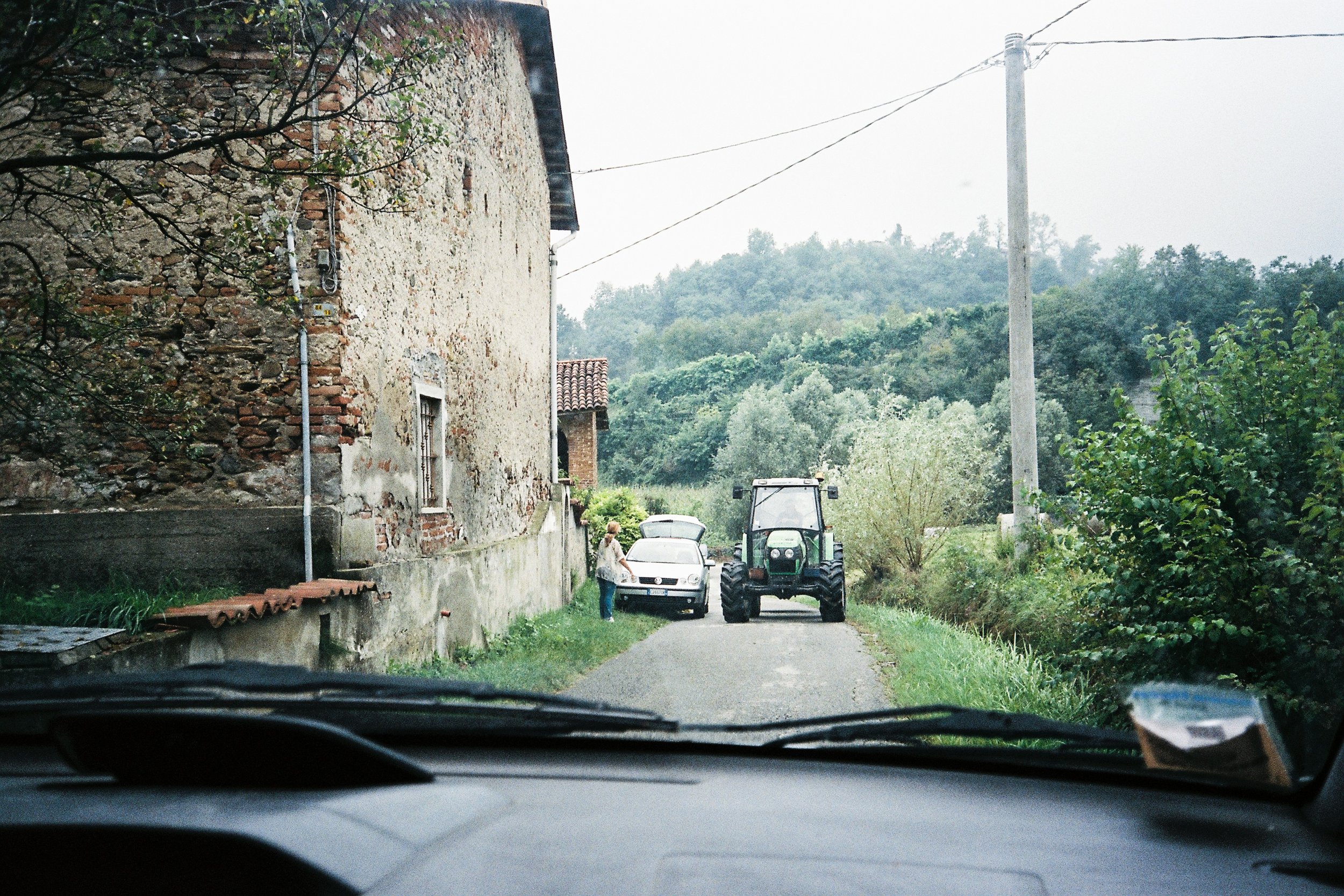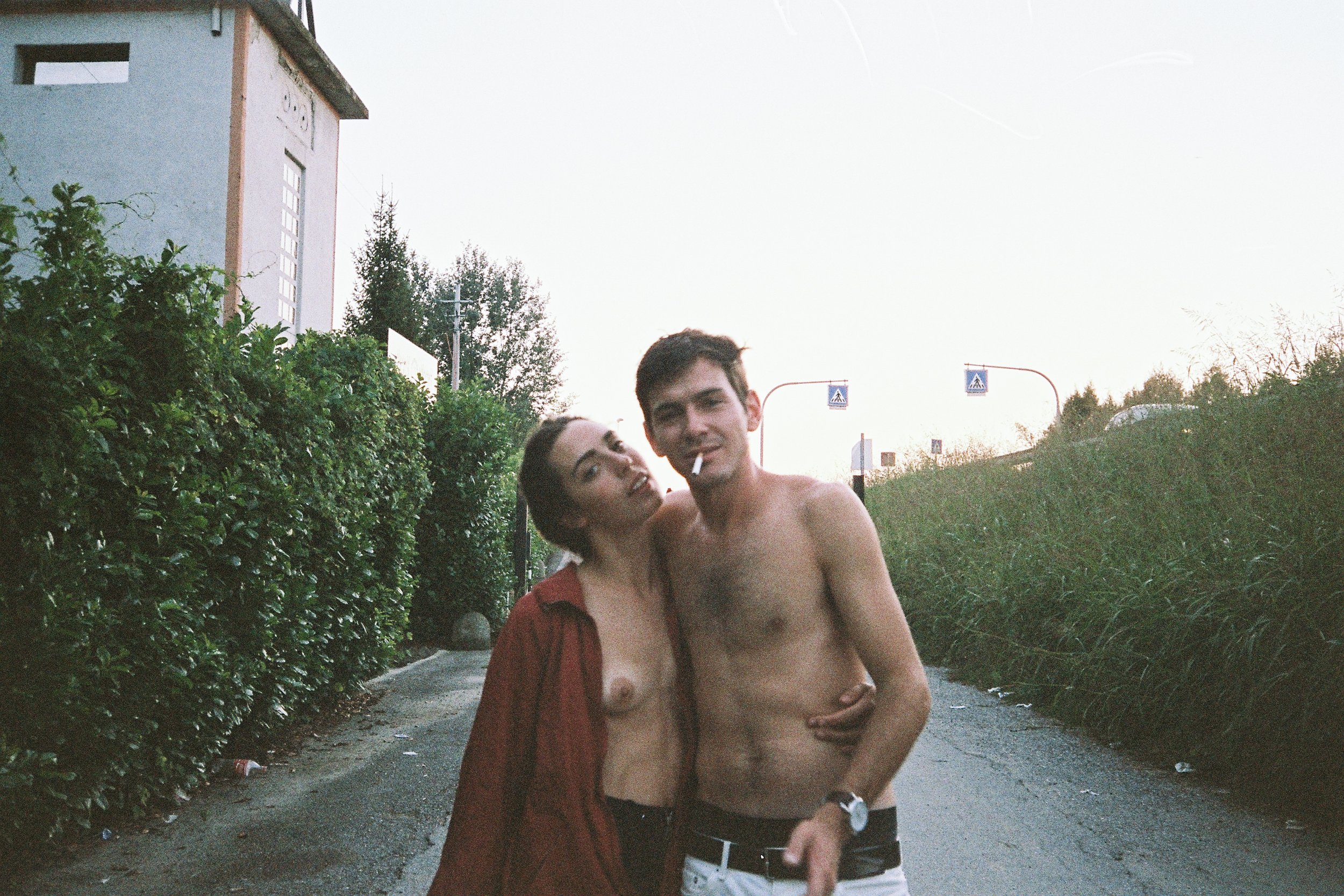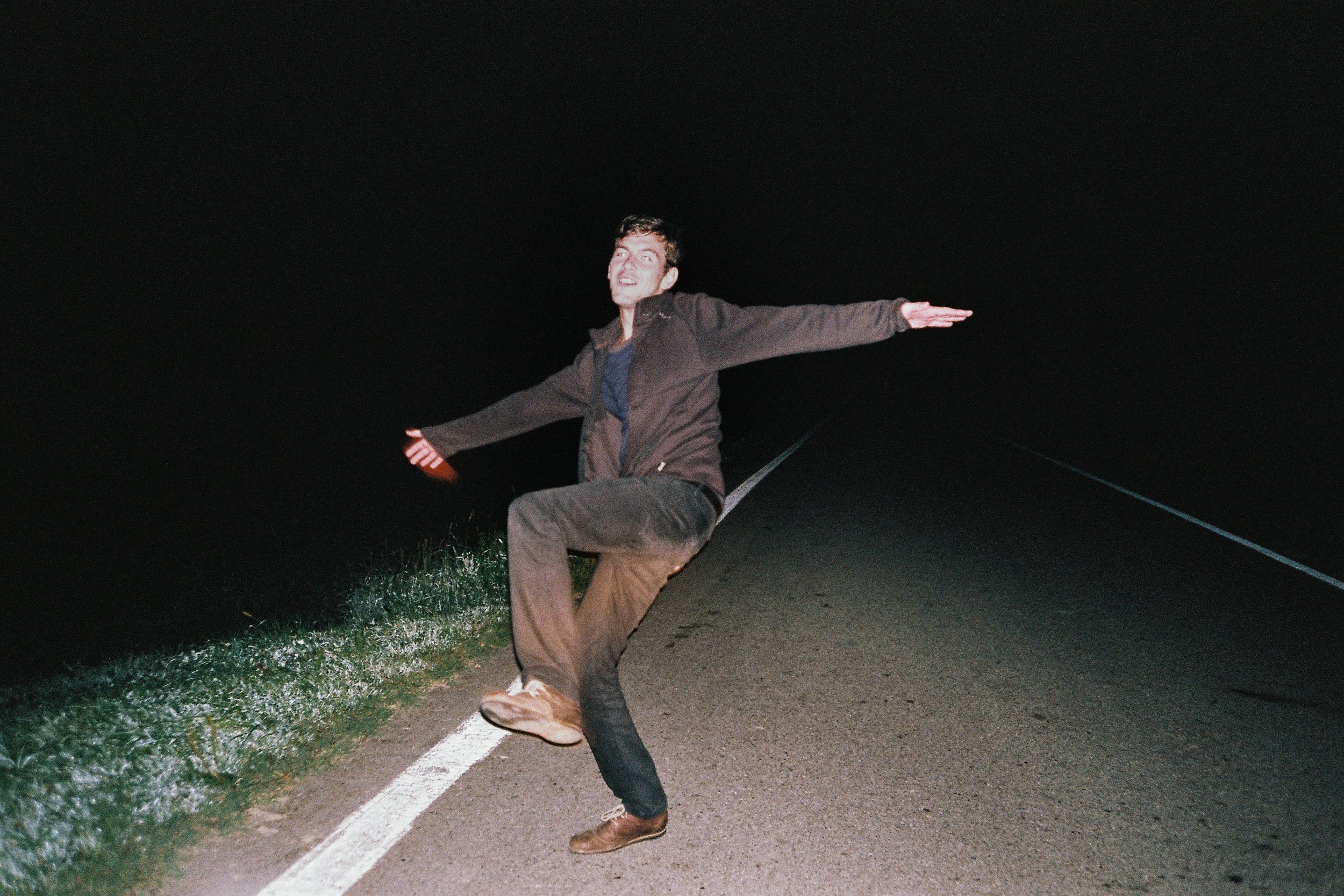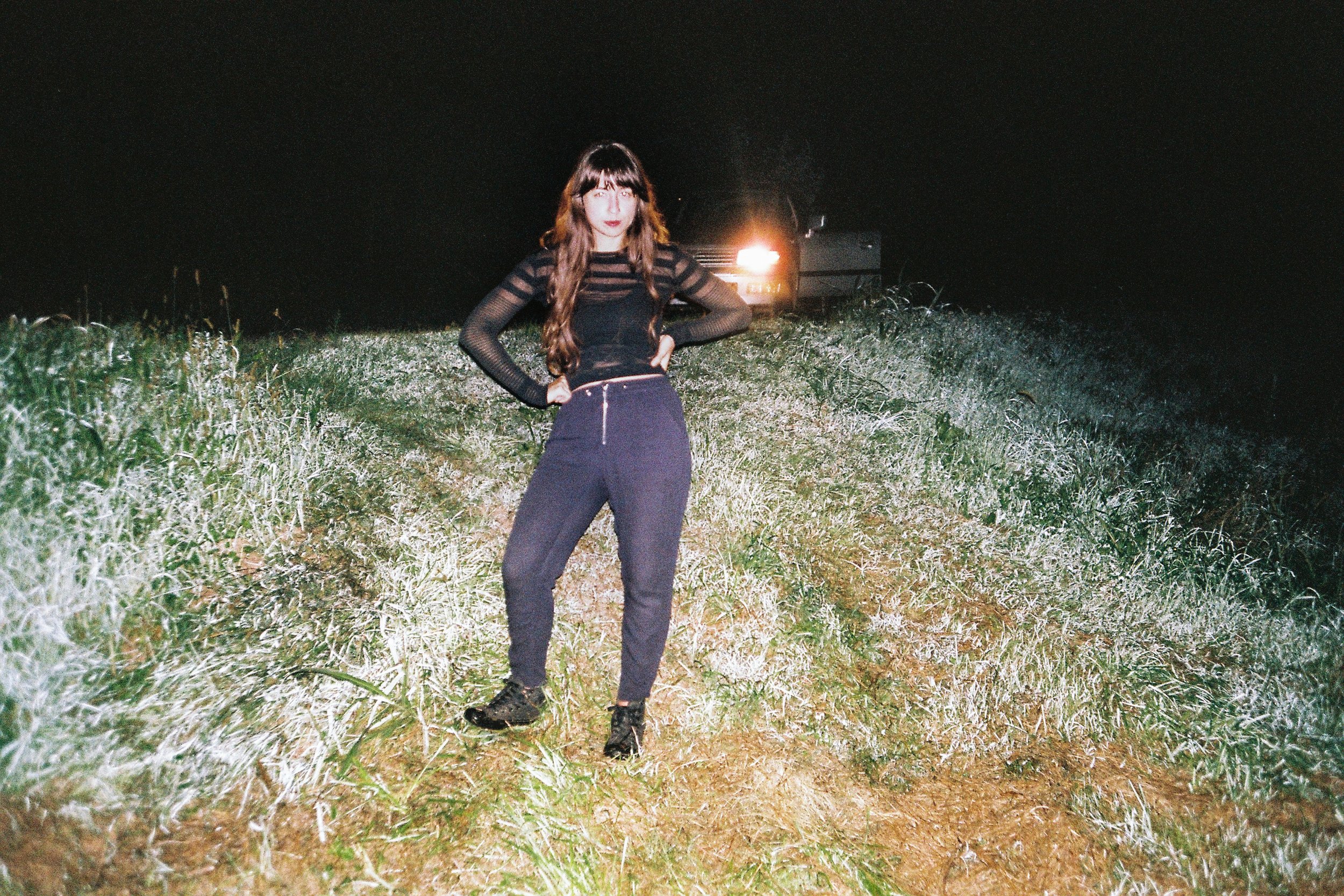Pluck
A surrealist psychological adventure, ‘Pluck’ tells the story of a young English woman, who’s traveling alone through Europe on a journey of self-discovery, searching for answers through sexuality and spirituality. While in the Italian countryside, staying in a castle, now a hotel, she's drawn to a young escort of an older woman. She spends the day exploring, discovering the unexpected about the village and herself.
Pluck
(Italy, USA - 2017) HD video (color, sound), 17:43 min.
Screenings: SF Indie (San Fransisco), Barcelona International Short Film Festival, New Renaissance Film Festival (Amsterdam, NL), Dangerous Flowers (Wythe Hotel, Brooklyn)
Synopsis
A surrealist psychological adventure of female sexuality, ‘Pluck’ tells the story of an English woman named Anais, who’s traveling alone through Europe on a journey of self-discovery. Questioning cinematic storytelling, the film shows the inner and exterior worlds of Anais to reveal the multiple levels of reality, while using Italy’s cultural landscape to remark on Westerns fetishization of traveling for self-discovery and to give a voice to female sexuality outside of morality, examining the female erotic gaze and cinemas innate voyeurism.
Unclear where she’s headed, Anais finds herself in the Italian countryside, staying within the walls of an old castle, now turned into a hotel. Day dreaming of the erotic poses of men in Italian religious paintings, mainly by Caravaggio, Anais gets out of bed to wander the castle and find a local swimming spot. She asks the Concierge for directions, but is distracted by a young gigolo, Thiago, who appears to be the escort of an older woman.
Having not paid attention, Anais takes a wrong turn on her walk around the village. She stumbles upon a woman with an umbrella guarding a path into the forest. Tempted to explore the forbidden, Anais step toward the woman, negotiating her way into the forest. Upon entering, she spies Thiago and his friends through the trees. They beckon her over; she hesitantly joins them. As Thiago’s friends make jokes, Thiago and Anais glance at each other, eventually escaping together deeper into the wood. As the two embrace, Anais has a flashback to her childhood, giving us insight into her inner turmoil.
At the end of the film, Thaigo finds Anais out by the hotel swimming pool under the starry sky, no words are spoken as they look into each other eyes. Anais jumps into the pool with Thiago close behind her. As they swim around each other in the depths of the water, they seem to understand each other, and what they’ve shared, without the need of words.
Director’s Statement
Believing there needs to be more films by women for women, I wrote ‘Pluck’ to create a cathartic surrealist journey that takes into question society, morality, and reality. Examining cinematic storytelling, the film shows the inner and exterior worlds of the lead character, Anais, to reveal the multiple levels of reality by which we live, while using Italy’s cultural landscape to investigate Westerners’ fetishization of traveling for self-discovery and to give a voice to female sexuality outside of morality, examining the female erotic gaze and cinema’s innate voyeurism. The film parallels Anais’s search of self with an investigation into our cultural obsession with sex and spirituality, hoping to reveal their interrelationship in transcendence.
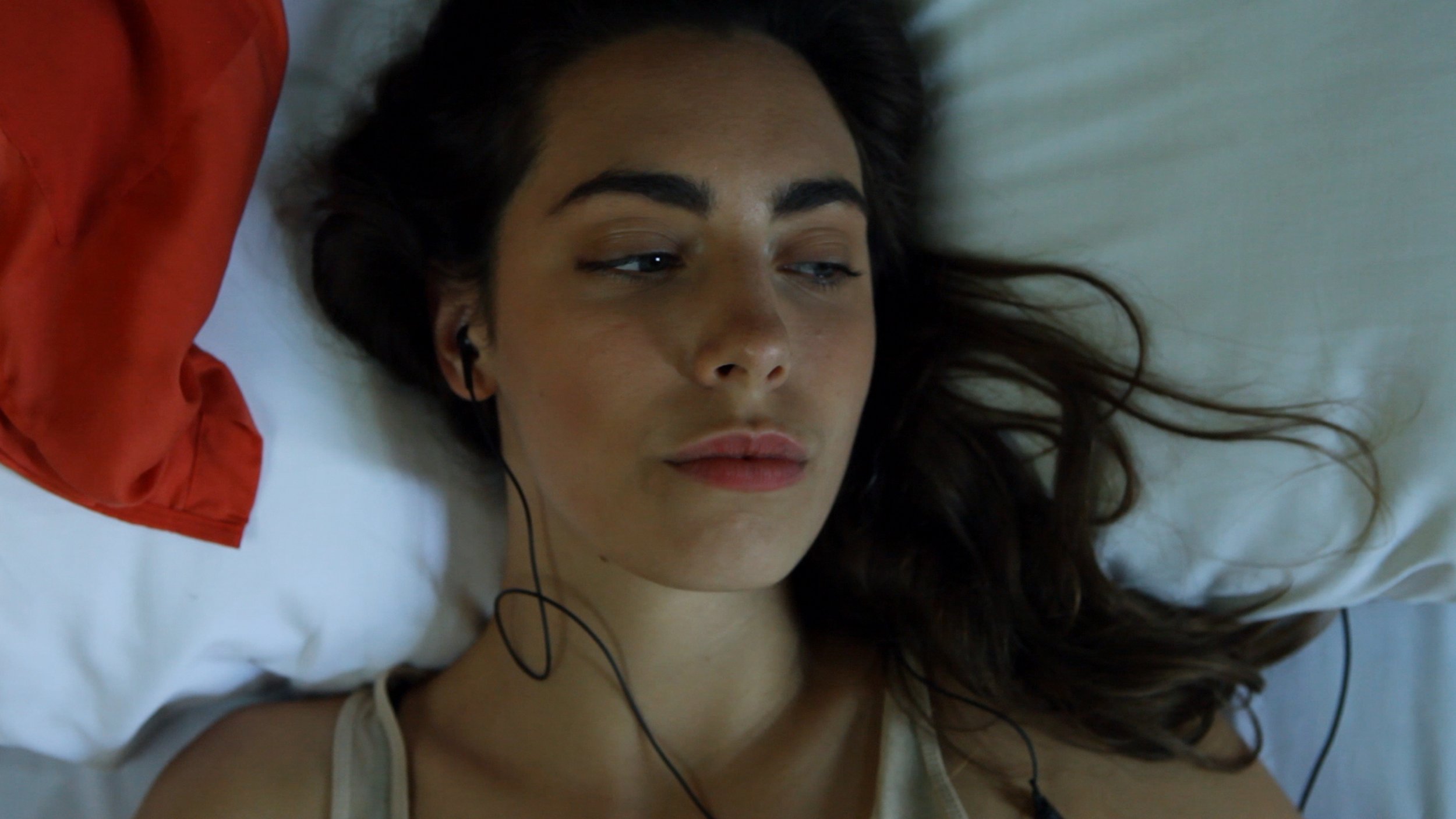






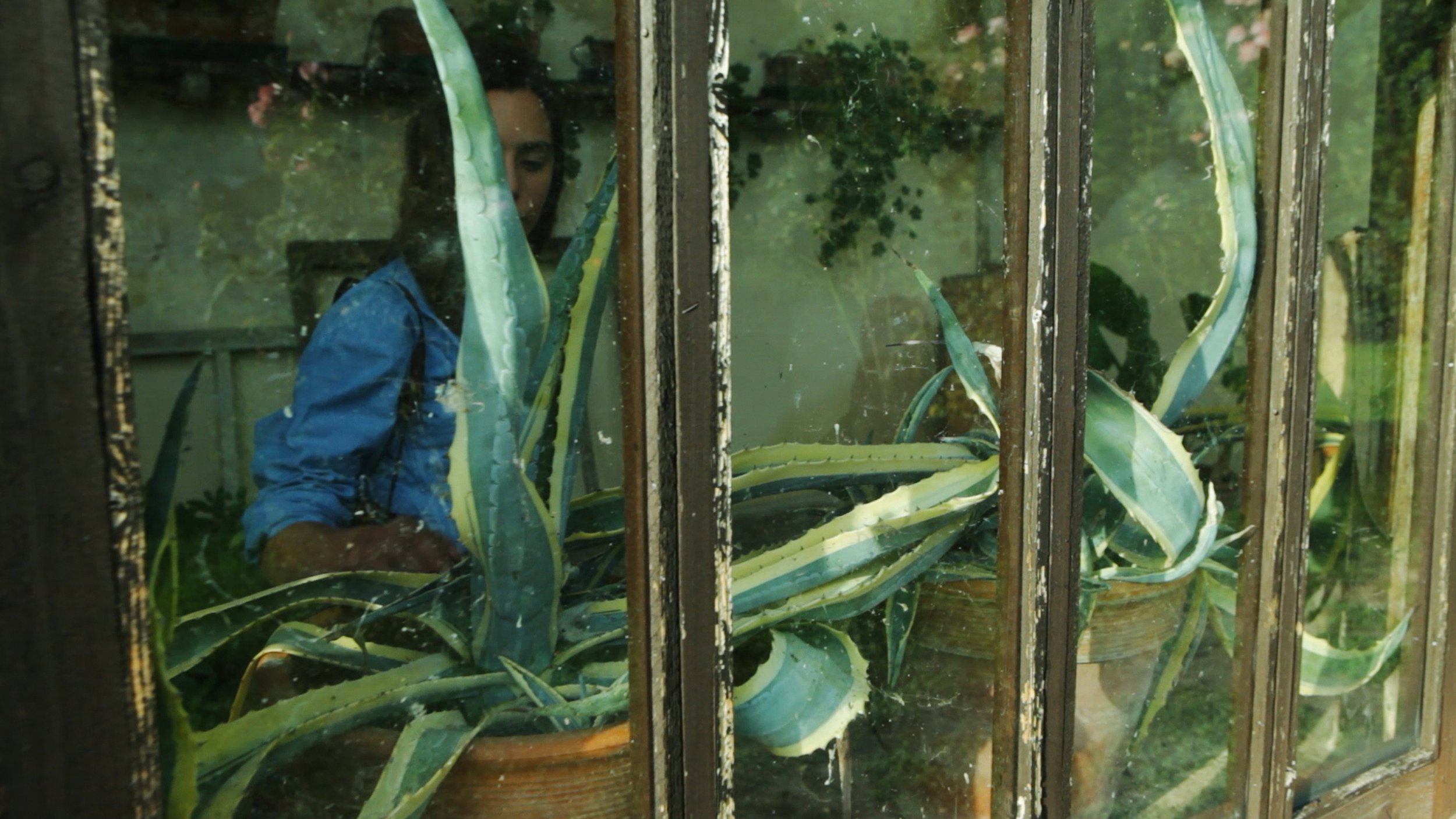


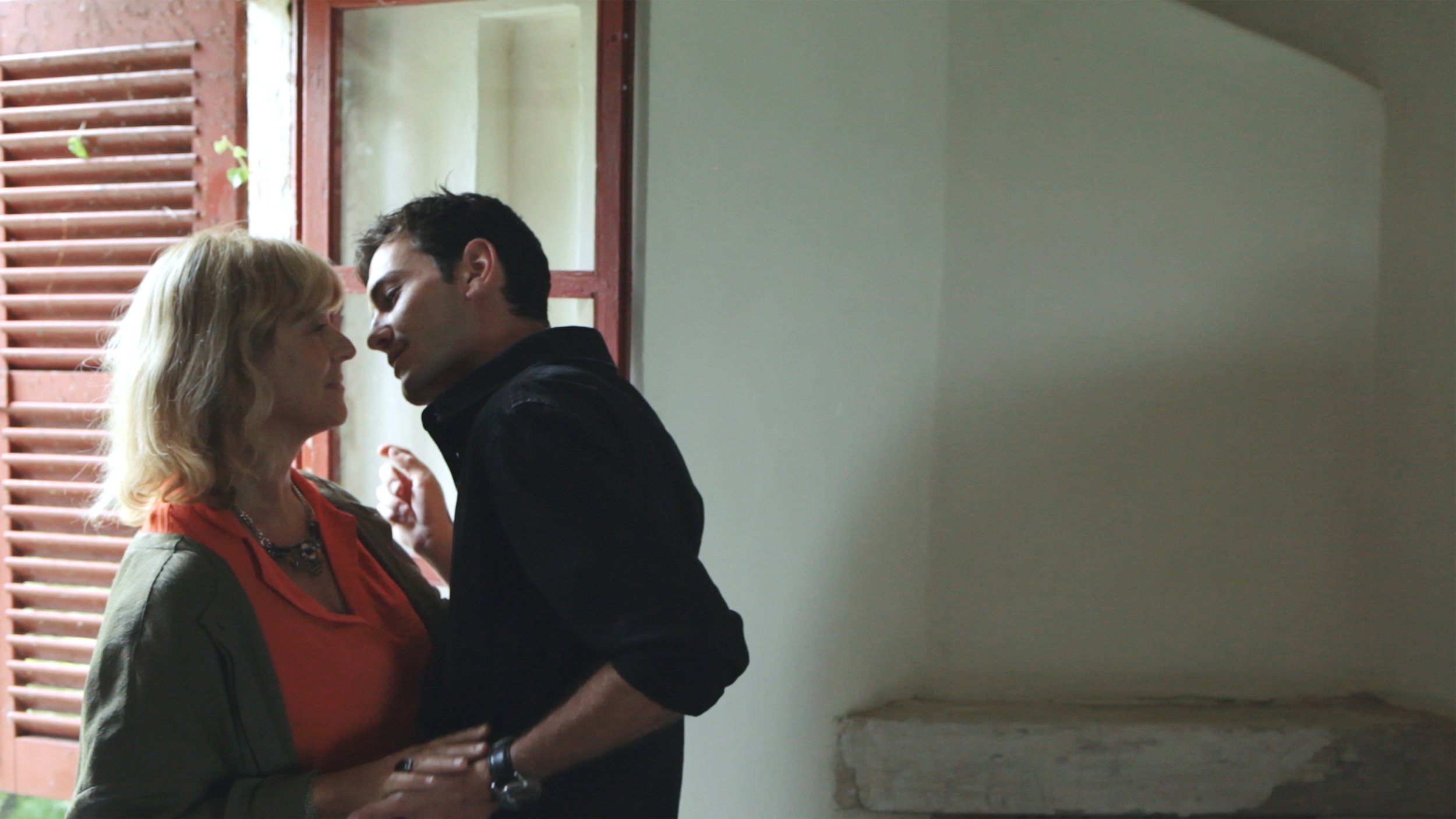
“It seems that the appetite for pictures showing bodies in pain is as keen, almost, as the desire for ones that show bodies naked. For many centuries, in Christian art, depictions of hell offered both of these elemental satisfactions.”
— SUSAN SONTAG
FAQS WITH THE DIRECTOR
How and why did you write this story?
Writing stories about women for women, I use my experiences, plus extensive research, to create stories that empower others. Observing low self-esteem among women, I want to depict their confusion so they no longer feel alone, hoping to inspire women to discover strength within. ‘Pluck’ explores the depths of female sexuality from Anais, to the older woman with an escort, based on female sex tourism, and Rita, a real roadside prostitute. As legislation increasingly obstructs women’s reproductive health in America, essentially their sexual freedom, I feel it’s paramount to establish a cinema for women enabling authority over their unique voice and their sexuality.
How do you create a surrealist journey? What’s your approach to content and form?
Blurring opposing extremes, planned/unplanned, fiction/nonfiction, dream/reality, stylized/mundane, conscious/subconscious, I create stories that show the duplicity of the self and reality, entering viewers on a journey of self-discovery alongside Anais, hoping they will discover something more primal and true, within and without. I like to work intimately with my actors and crew by strategically planning everything to create trust that enables improvisation. I closely develop characters with my actors, blending their lives with the fictional to create immersive performative situations that directly enter them into experiences, developing something other.
How is this shown in Pluck?
This results in juxtaposing a real Peeping Tom, with stylized images of Anais, and the mundane, playful conversation of the hotel guests. I chose Rita, a real prostitute, to play the guardian to Anais’s paradise to highlight Italy’s roadside prostitution by African immigrants and to empower and transform her into something beautiful and fantastical, creating a deeper ritual that develops on screen. The film shows the inner and exterior world of Anais through editing, visuals, and scenes - such as Anais’s embrace with Thiago that provokes a memory of hunting with her father, giving insight into Anais's inner turmoil and her relationship with men/sex.
How does the film investigate sex and spirituality? Do these themes overlap?
The film investigates our culture’s obsession with sex and spirituality, and their interrelationship in transcendence, by using Italy’s culture as a backdrop, which broods sex, spirituality, and a complicated relationship to art and perversion. In the 1800s, upper-class English women traveled there for ‘sex tourism,' spending summers ‘finding’ themselves, translated now in America’s fetishization of Italian men. I wanted to show this through the cropping of male nudes in Italian painting, switching women from the erotic art object to claiming their own way of seeing. I also see it as a starting point for Anais’s journey of self discovery, where we often search for our higher self through transformative/transcendental experiences, which take the form of spirituality, sexuality, or adventure. I want to signify this through the religious paintings and the choir music in the opening credits.
Why do you play the music again at the end? What does it all mean?
The choir music plays again at the end when the two swim underwater to state Anais has found some of this transformative/transcendental experience she was looking for. Ultimately, I want to suggest our search for sex, spirituality, and adventure is our human need to transcend our existential existence. Strangers with a deep unsaid connection, Anais and Thiago, the young gigolo, have transcended themselves in each other, the choir music paralleling the sense of mystery and meaning found in the likes of erotic pleasure. The water symbolizes when we no longer fight life with fire, but float in its mystery, between our unconscious and our conscious self. The story is based on those people we meet, those sexual encounters, however brief, can be just as powerful and enriching as life long relationships. Outside of morality, it’s about the freedom to be yourself without limitations and the people you meet in life that show you such freedom.



